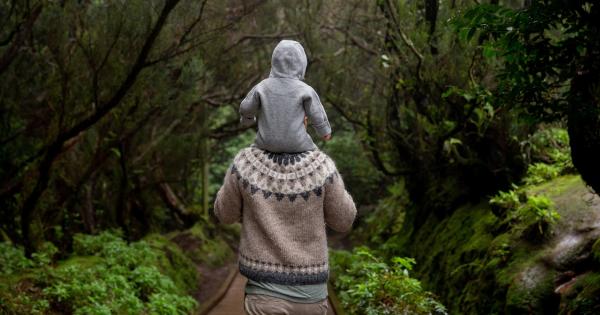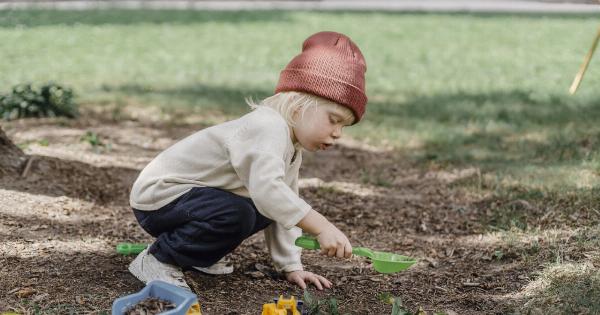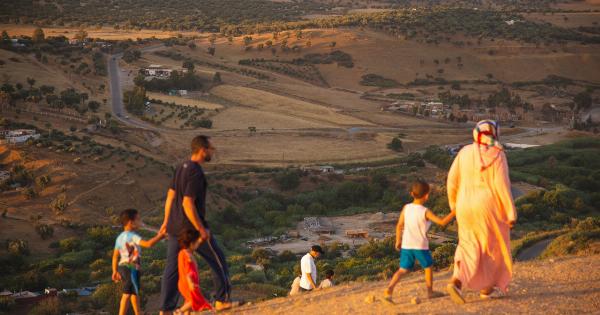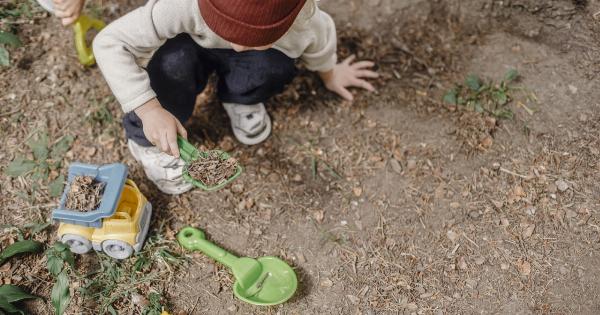Exploring and immersing in nature is not only beneficial for physical health but also crucial for cultivating a sense of wonder, curiosity, and appreciation for the natural world in children.
Engaging in nature-related activities can help children develop various skills, including problem-solving, critical thinking, creativity, and empathy. In this article, we will explore a plethora of exciting and educational activities that will captivate children of all ages and instill within them a love for nature.
1. Nature Scavenger Hunt
Scavenger hunts are a fantastic way to engage children with their surroundings while fostering an understanding of the natural world.
Create a list of items for them to find, such as different types of leaves, animal tracks, flowers, rocks, or even specific colors found in nature. Equip them with a scavenger hunt bag and let them explore their surroundings to collect these treasures. This activity not only encourages observation skills but also teaches children about the diversity and beauty of nature.
2. Plant Identification and Gardening
An excellent way to introduce children to plants and their unique characteristics is through plant identification games. Take a walk in a nearby park or garden and let the children identify various plants by describing their leaves, flowers, and shapes.
You can also encourage them to keep a nature journal with sketches and notes about the different plants they come across.
Involving children in gardening is another rewarding activity. You can allocate a small patch of the garden or create a container garden where children can grow their own plants from seeds.
This hands-on experience enables children to understand the growth cycle, the importance of soil, and the joy of nurturing life.
3. Nature Art
Nature art provides a creative outlet for children while promoting their appreciation and understanding of the natural environment. Encourage children to create artwork using natural materials like leaves, flowers, branches, and stones.
They can make collages, leaf rubbings, or even paint using homemade vegetable dyes. This activity allows children to connect with nature on a deeper level and explore their own artistic capabilities.
4. Bird Watching
Bird watching is a fantastic activity that can be enjoyed by children of all ages. Provide children with binoculars, bird identification books, and a birding journal.
Visit local parks or nature reserves where they can spot and identify different species of birds. This activity not only enhances observational skills but also encourages children to appreciate the beauty and diversity of bird life.
5. Nature Photography
Photography is a wonderful way for children to capture the beauty of nature. Provide them with a digital camera or a smartphone and encourage them to explore their surroundings, capturing intriguing images of plants, insects, animals, or landscapes.
Afterwards, you can organize a nature photography exhibition where children can proudly display their artwork and share their experiences with others.
6. Nature-Based Storytelling
Storytelling is a powerful tool to engage children with the wonders of nature. Sit down with children in a natural setting and encourage them to observe their surroundings.
Ask them to create imaginative stories that take place in the natural world and involve different plants, animals, or elements of nature. This activity not only sparks creativity but also helps children develop an emotional connection with nature.
7. Nature Journaling
Nature journaling is a wonderful activity for children to document their experiences in nature.
Provide them with a journal or notebook and encourage them to write about their adventures, draw sketches of plants or animals they encounter, or even press flowers inside the pages. Nature journaling helps children reflect on their outdoor experiences, develop writing skills, and create a personal keepsake of their encounters with nature.
8. Nature-Based Science Experiments
Engaging children in science experiments related to nature is a fun and educational way to deepen their understanding of the natural world.
You can conduct simple experiments like observing the growth of seeds in different conditions, creating a mini ecosystem in a jar, or studying the life cycle of insects. These experiments encourage children to ask questions, make predictions, and draw conclusions based on their observations.
9. Nature Camping
Camping in nature provides children with an immersive experience where they can truly connect with their surroundings. Set up a camping adventure in a nearby forest, national park, or even in your own backyard.
Teach children about essential camping skills such as setting up a tent, building a campfire, and cooking outdoors. This experience allows children to appreciate the beauty of nature firsthand and develop a sense of responsibility towards the environment.
10. Nature-Based Sensory Play
Sensory play can be an excellent way for young children to explore and engage with nature.
Set up different sensory stations, such as a mud kitchen, a water play area, a sand table, or a nature-themed sensory bin filled with materials like pinecones, leaves, and tree bark. These activities stimulate children’s senses while fostering a connection with the natural world around them.
Conclusion
Engaging children with nature at an early age is essential for their holistic development and environmental consciousness.
By involving them in stimulating and educational activities, such as nature scavenger hunts, plant identification, art, bird watching, nature photography, storytelling, journaling, science experiments, camping, and sensory play, we can nurture their curiosity, empathy, and love for the natural world. Let us encourage and empower the next generation to be stewards of the environment.






























